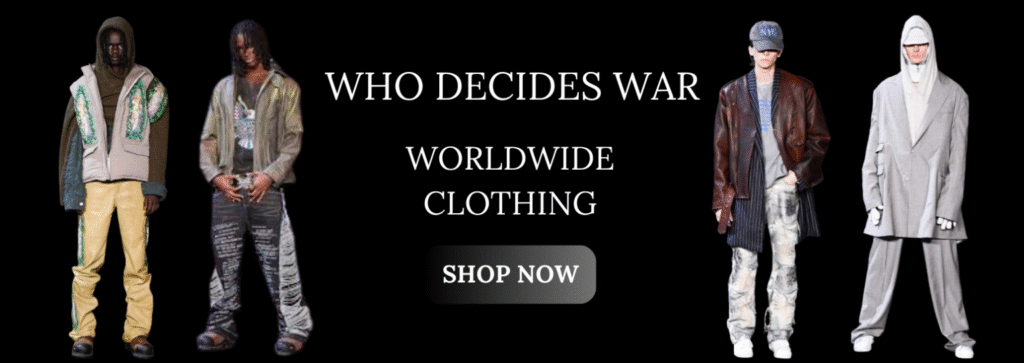
War Doesn’t Just Happen—It’s Chosen
Let’s get real—wars aren’t natural disasters. They don’t blow in with the wind or rise with the tide. Someone, somewhere, decides to start them. That choice, often made behind closed doors, shifts history, costs lives, and leaves scars that never fully heal.Vist On https://whodecideswars.com/
Who Decides When a War Starts?
Wars are usually decided by a country’s top leadership—presidents, prime ministers, monarchs, or military leaders—based on national interests, perceived threats, or political gain. These decisions typically involve advisers, intelligence agencies, and, sometimes, legislative approval. But in the end, only a few hold the real power to pull the trigger.
Now, let’s break that down in plain terms. When a country goes to war, it’s rarely a group vote. It’s not like your neighbors gather on a Saturday and decide whether to invade the next town over. Most of the time, one person or a small circle of decision-makers calls the shots. They listen to generals, read intelligence briefings, consult with diplomats, then choose to act—or not.
And here’s the wild part: sometimes, they don’t even need permission from anyone else. In countries with strong presidential systems, the leader might have the authority to launch military action without parliament or congressional approval. That means war can be just one person’s choice, backed by the muscle of an entire nation.
Is There a Legal Process Behind War Decisions?
Yes, most modern countries have legal or constitutional processes outlining how war is declared. These rules vary by country but often involve legislative approval, except in cases of emergency or self-defense where executive powers take over.
In the U.S., for example, the Constitution says Congress declares war. But presidents have found ways to send troops into battle without calling it “war”—they use words like “military action” or “authorized force.” It’s like calling a lion a cat and pretending it’s harmless. Legal, yes. Transparent, not always.
In other countries, the rules are even fuzzier. A king might give the green light without asking anyone. In some places, the military itself has enough clout to make the call. It all depends on the system in place—and how tightly or loosely the laws are followed.
Why Do Leaders Choose War?
Leaders decide to go to war for reasons like protecting national security, responding to attacks, expanding territory, controlling resources, or influencing global power structures. These decisions often mix strategy with politics, fear, pride, or pressure from allies and enemies.
Let’s not pretend it’s always about noble causes. Sure, some wars start because a country was attacked. That’s self-defense, plain and simple. But others begin over oil, borders, religion, or even reputation.
Think about it like a poker game. Sometimes, a leader’s trying to bluff, show strength, or avoid looking weak. If they fold, they might lose face at home or with allies. If they go all in, it’s war. But unlike poker, lives are on the line.
And don’t underestimate how personal it can get. Leaders are human. They carry grudges, chase legacies, and sometimes gamble with other people’s blood to win history’s approval.
Do Citizens Have Any Say?
In most democratic countries, citizens influence war decisions indirectly through elections and public pressure, but they don’t make the final call. In authoritarian regimes, citizens usually have no say at all.
You can vote for the person who might—or might not—choose war. That’s your power. And once war starts, you can protest, speak out, demand answers. But you can’t storm into the president’s office and tell them to knock it off.
In dictatorships? Forget it. The public voice is muzzled, and the people are along for the ride, whether they like it or not. War becomes a top-down command, and disobedience isn’t just frowned upon—it’s punished.
What Role Do Generals and Armies Play?
Military leaders advise on strategy and readiness, but they don’t usually decide to go to war. They follow civilian orders unless the country is under military rule, where the lines between politics and military power blur.
Here’s where the chain of command matters. A general might tell the president, “We’re ready to strike,” or “We’re not prepared.” But that general doesn’t get to make the final call. In fact, if they acted on their own, it’d be considered a coup.
But in military-run governments, like those under dictators or juntas, the general is the decider. And when the gun’s in the general’s hand, war becomes a matter of timing and ambition, not debate.
Are Wars Ever Decided by Mistake?
Yes, wars have been triggered by miscommunication, faulty intelligence, or unintentional escalation. Even small errors can spiral into full-scale conflict if not handled carefully.
History’s littered with these moments. A plane gets shot down, a border’s accidentally crossed, or someone hears the wrong thing over a radio. Tensions are already high, and suddenly—boom—missiles fly.
Take World War I. One assassination and a web of alliances turned a regional dispute into global chaos. Nobody really wanted that level of bloodshed, but they stumbled into it like someone tripping on a rug and knocking over every glass in the room.
So, Who Really Decides War?
Ultimately, war is decided by those in power—usually the head of state and their close circle of advisers. They listen to arguments, weigh risks, and then choose to send soldiers into harm’s way or pull back.
It’s not romantic. It’s not clean. And most of the time, it’s not democratic. Sure, the machinery of war involves thousands—politicians, generals, diplomats, and analysts—but the button’s in the hand of just a few.
They might wrap the decision in noble language. Talk about freedom, justice, peace. But behind the curtain, it’s often about strategy, ego, and staying one step ahead of enemies, both foreign and domestic.
Final Thoughts
War isn’t just a headline or a history book chapter—it’s a decision. A deliberate choice made by people who don’t always pay the price themselves. While soldiers fight and civilians suffer, the ones who sent them to battle stay tucked behind desks, holding pens instead of guns.
And that’s why it matters who decides war. Because when a handful of people can tip the world into chaos, you’d better hope they’ve got wisdom, restraint, and the guts to think twice.
Let me leave you with this: wars don’t erupt—they’re lit like matches. The sparks come from power, pride, fear, or greed. And someone always holds the matchstick.




